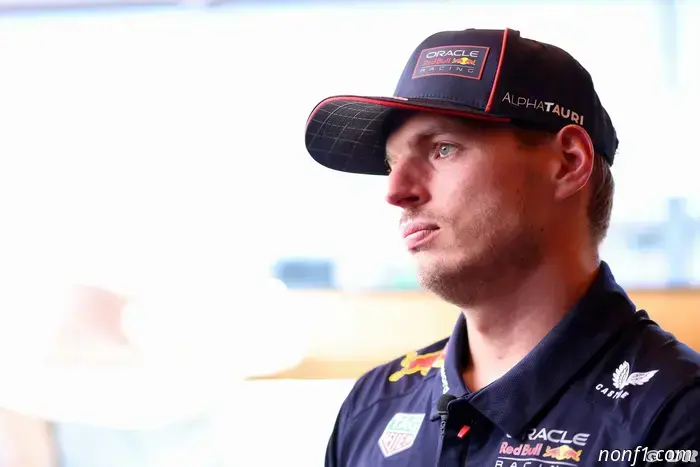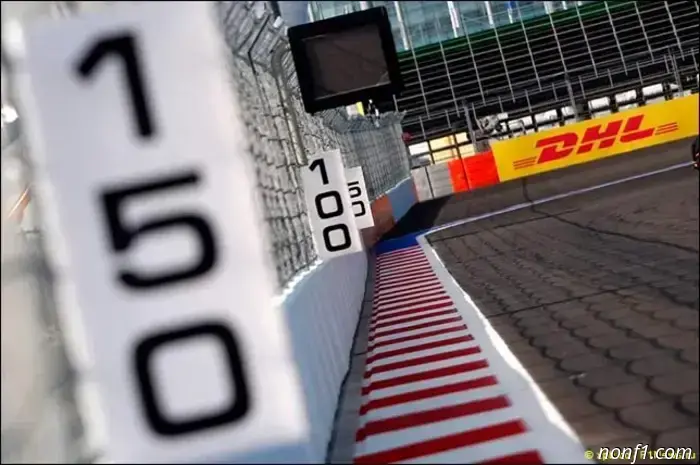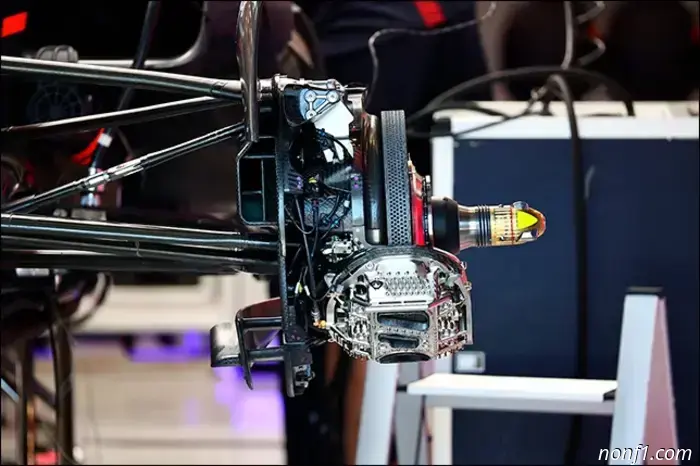
Report: The 2026 F1 regulations are set to become increasingly intricate.
Limits will differ according to each circuit.
Germany’s Auto Motor und Sport has unveiled the remarkable intricacies of the upcoming 2026 regulations for Formula 1, raising concerns about the sport drifting further from its racing heritage. Journalist Michael Schmidt gained access to the FIA’s private energy management graphs, which detail how power usage will be specifically restricted at each circuit. The new hybrid engines are set to produce over 1,000 horsepower at maximum output, but balancing combustion and electric power is becoming the primary challenge.
FIA single-seater director Nikolas Tombazis acknowledged that as the electric power component increases in relation to the combustion engine, and since batteries have limited charging and discharging capabilities, energy management is poised to be a significant hurdle. To prevent "unnatural" power reductions, the FIA plans to implement gradual energy restrictions on straight sections, with varying charging and discharge limits depending on the track, and also differing between free practice, qualifying, and the race. For example, in Monaco, total electric deployment will be limited to prevent cars from reaching 350kph in the tunnel.
Furthermore, overtaking will no longer depend on DRS flaps but will utilize an electronic 'override mode', activated at specific points on each circuit, with limits being track-specific.
Tombazis also announced a new initiative named "ADUO" (Additional Development and Upgrade Opportunities), which is similar to the Balance of Performance used in sports car racing. Manufacturers that fall behind will receive support, such as increased dyno time or engine reconfigurations, every few races to help bridge the performance gap. He emphasized that the aim is to prevent a scenario like 2014, where one engine supplier has an overwhelming advantage. Additionally, teams could receive spending cap relief if excessive engine failures threaten to impact their development budgets.
Despite these complexities, environmental organizations remain skeptical. Greenpeace stated to Austria’s Krone Zeitung: "Formula 1 is showing efforts to become more sustainable - we acknowledge that. However, the critical factor will be whether the sport is prepared to make fundamental changes. Genuine sustainability implies fewer races and more sensible planning, rather than just depending on biofuels."

Other articles
 Ecclestone cautions Verstappen about a potential switch to Ferrari.
Formula 1 | Former F1 chief Bernie Ecclestone has cautioned Max Verstappen against joining Ferrari after 2026. If he makes the switch to Ferrari, it would be the (…)
Ecclestone cautions Verstappen about a potential switch to Ferrari.
Formula 1 | Former F1 chief Bernie Ecclestone has cautioned Max Verstappen against joining Ferrari after 2026. If he makes the switch to Ferrari, it would be the (…)
 Dutch Grand Prix: Track and Statistics
The modern configuration of the Zandvoort circuit is the fifth to host the Formula 1 Grand Prix...
Dutch Grand Prix: Track and Statistics
The modern configuration of the Zandvoort circuit is the fifth to host the Formula 1 Grand Prix...
 Dutch Grand Prix: Round Numbers
Possible milestone achievements at the upcoming Grand Prix...
Dutch Grand Prix: Round Numbers
Possible milestone achievements at the upcoming Grand Prix...
 Dutch Grand Prix: Race preview
Dutch Formula 1 fans have only one hero...
Dutch Grand Prix: Race preview
Dutch Formula 1 fans have only one hero...
 Dutch Grand Prix: The heaviest braking point
Brembo has published a video about the heaviest braking point at Zandvoort...
Dutch Grand Prix: The heaviest braking point
Brembo has published a video about the heaviest braking point at Zandvoort...
Report: The 2026 F1 regulations are set to become increasingly intricate.
Formula 1 | Germany's Auto Motor und Sport has disclosed the remarkable intricacy of the upcoming 2026 regulations in Formula 1, sparking worries that the sport is (…)
